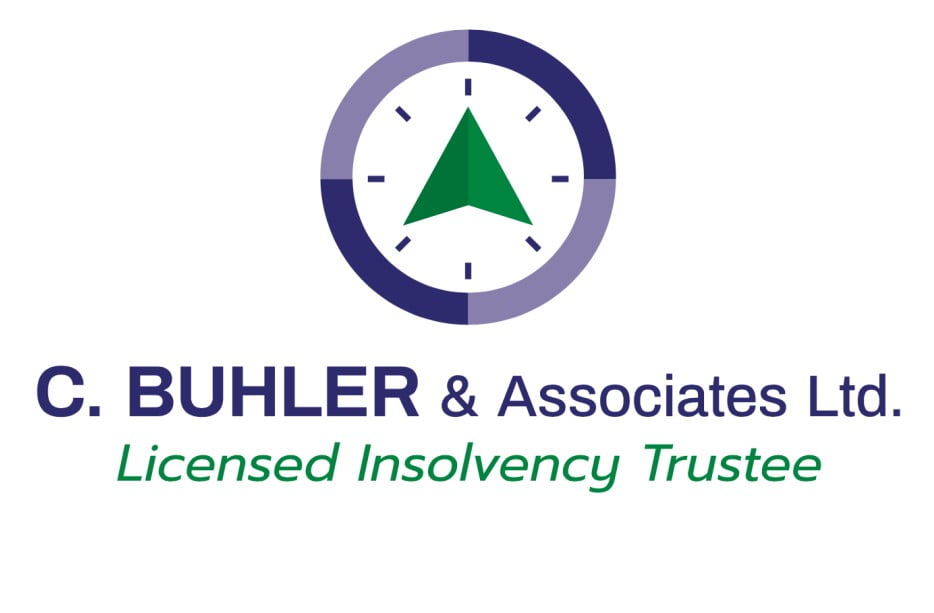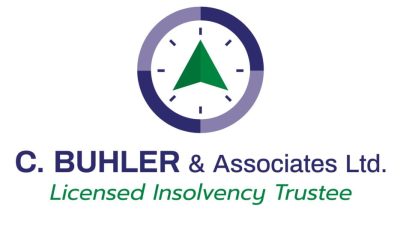As a Trustee, I’m often asked about what collection agencies can do, and what they can’t. Honestly, if you are dealing with a big bank or Credit Union for a loan, line of credit, or other type of credit, they are fairly well versed in what they can, and can’t do, in order to collect on amounts owing to them. However, a few times a year I find myself referring people to the Consumer Protection Office, who can better advise how many times a day creditors can phone, and what exactly they can do, in comparison to what they threaten to do.
In Manitoba, the Consumer Protection Office deals with complaints of aggressive collection agencies and practices. Although we have other means to report collections and actions that interfere with insolvency proceedings, Licensed Insolvency Trustees generally refer those matters to the Consumer Protection Office’s complaint handing process. You can actually see the Agency’s consumer alerts, reports on known scams, unfair collection practices, or just general consumer common sense online.
However, in short, creditors who have not been paid as agreed generally have the ability to:
- Apply to Court for a garnishing order, and have that order served on a debtor’s employer or bank;
- Offset funds on account (like in a chequing account);
- Withhold amounts due to you, such as a payment, or tax refund;
- Freeze bank accounts; and
- Apply to have a lien placed on assets, like your home, car or other.
When dealing with a mortgage on your home, rental property or other real estate, collection action often involves commencing foreclosure, a process you can read about here.
Often, discussing your situation with a Licensed Insolvency Trustee will be the only way, aside from full payment, to have a garnishment removed from your income, or a hold lifted from your bank account. Once you are working with a Trustee, and have filed a bankruptcy or a consumer proposal, there is “Stay of Proceedings” in effect, which will allow you to access your funds, and deal with your debt. There are cases where foreclosure can be halted once started, but generally payment of the secured debt must be made in a lump sum and may include legal fees and penalties once the process has started. In the cases of mortgage arrears, and threatened foreclosure, the sooner you talk with a Trustee the better, otherwise there may be no way to cease the foreclosure process. Be sure to contact us for your free consultation if you find yourself with a garnishment or notice of foreclosure that is affecting you.





